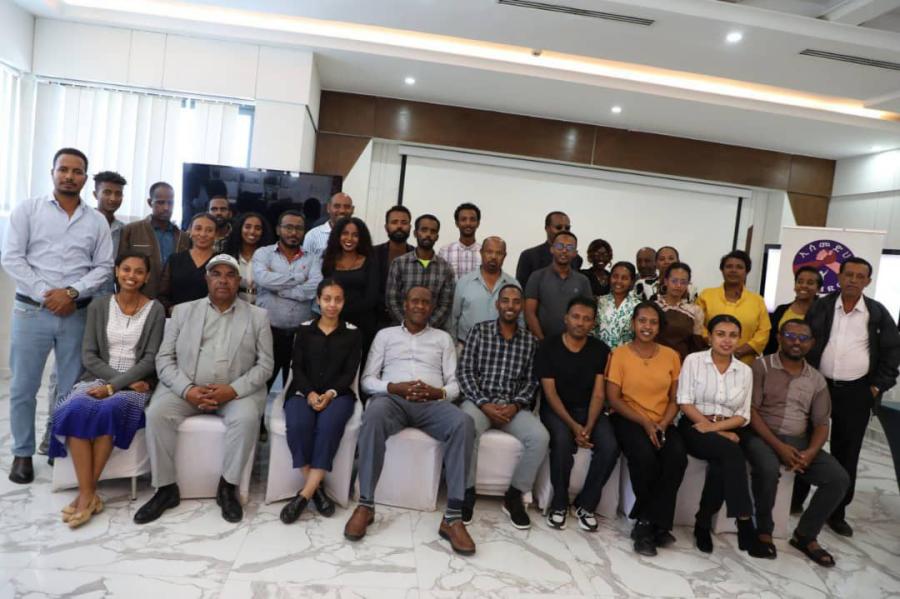
Ethiopia’s Ministry of Agriculture announced that it has temporarily suspended all land allocations in the country to take time for assessment. The Ministry plans to evaluate its internal structures and the use of land currently in the possession of investors before it will lease new allocations.
Isayas Kebede, Director of the Investment Supporting Directorate, said that the Ministry will continue to review requests on a case by case basis for ‘big projects,’ according to The Reporter. Global Resposne campaign partners at the Solidarity Movement for a New Ethiopia responded to the suspensions in a press release, celebrating the news.
Meanwhile, Bloomberg News reported today that the Ministry of Agriculture itself will continue to prepare more than 100,000 hectares (247,105 acres) of land in the Gambella and Benishangul-Gumuz states for future investment by foreign and local businesses. Interest in investment is growing. The Ministry reported that it receives at least 400 monthly requests for information on investments in the area.
The Ministry of Agriculture denies human rights violations in the clearing of lands that amount to 42 percent of the region, claiming that the relocation of Indigenous peoples who formerly occupied to land was ‘voluntary.’
Violence struck the region last week, when a public bus was attacked and passengers were killed. The Ethiopian government has blamed the killings on political opponents of the regime who oppose land grabbing, but have not released proof of this claim, and no arrests have been made.
Global Response campaign collaborator Okok Ojulu, an Anuak refugee who escaped to Kenya, urged that international pressure must continue until a solution is given to the problem of forced villagization of Indigenous peoples in Gambella.
We must convince the Ministry of Agriculture that international pressure to respect Indigenous peoples’ rights is not fading away. Please join us by writing to Ethiopian and foreign officials on our website, here.

